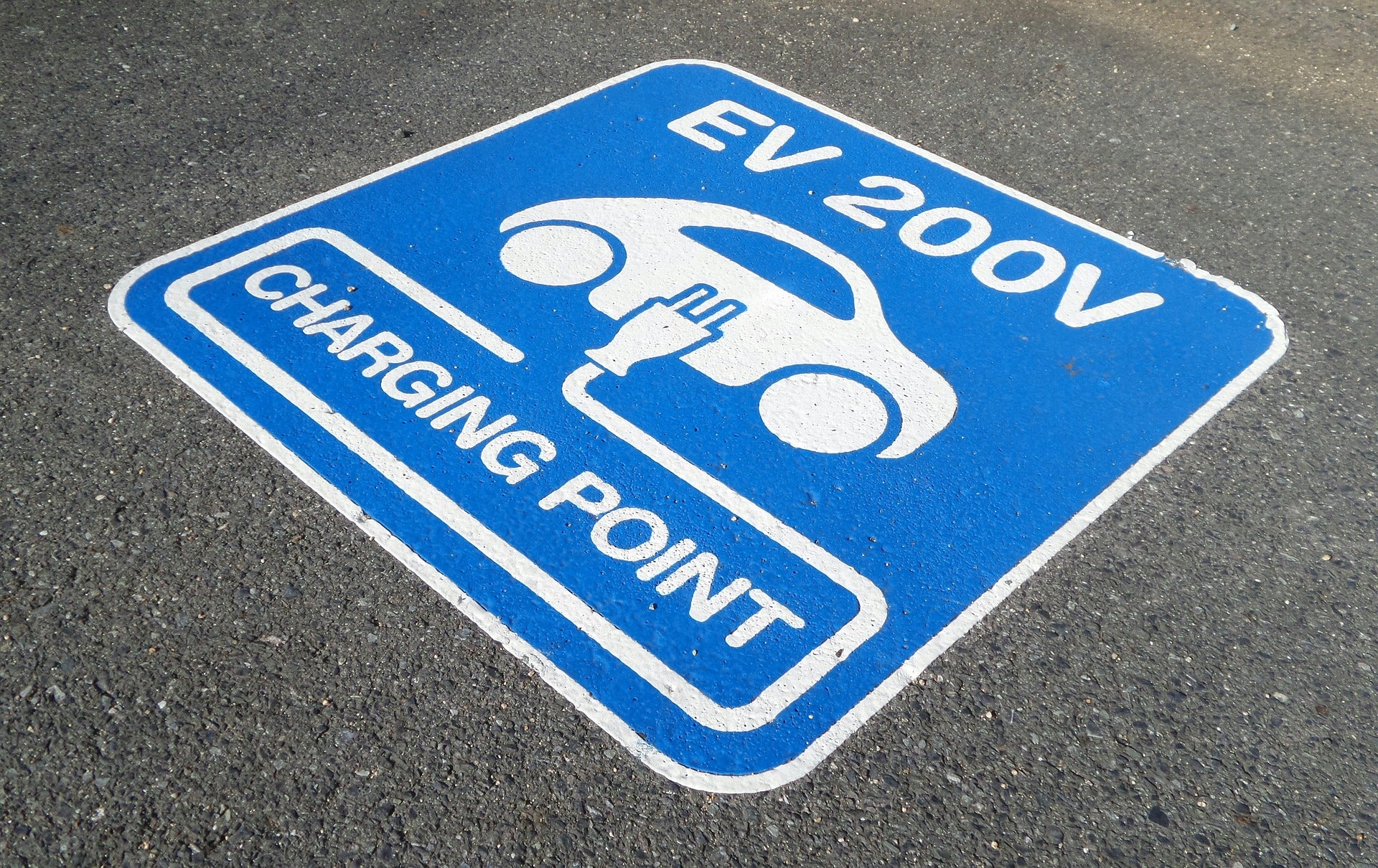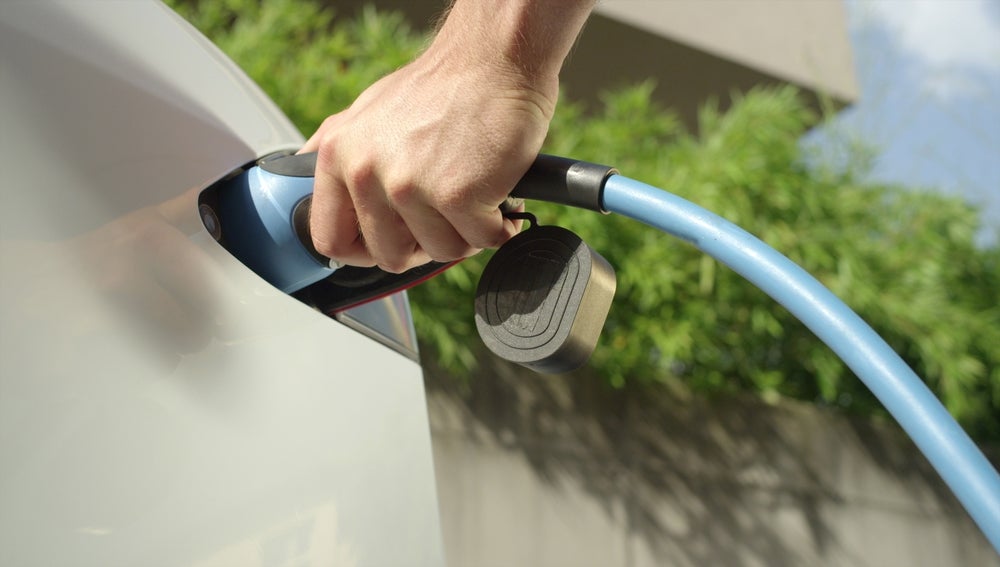
Electric vehicle (EV) adoption across the UK is on a strong trajectory with the country being 151,236 EVs ahead of the exponential curve, Volkswagen Financial Services UK’s (VWFS) quarterly EV Tracker Report shows.
The report assesses the progress of EV adoption and broader economic factors as the deadline for the 2030 ban on sales of new petrol and diesel vehicles approaches.
During the second quarter of 2022, there were 901,819 ultra-low emission vehicles (ULEVs) of all types on the UK roads.
This represents an increase of 76,965 vehicles in comparison with the previous quarter.
As per the report, these numbers are especially noteworthy in the wake of ongoing supply-chain problems that are causing a new vehicle shortage.
While EV sales have increased, there are still concerns about the availability of charging infrastructure and its capacity to fulfil both present and future demands, the report stressed.

US Tariffs are shifting - will you react or anticipate?
Don’t let policy changes catch you off guard. Stay proactive with real-time data and expert analysis.
By GlobalDataAccording to the European Commission, there should be one charger for every ten electric vehicles.
Therefore, in the present fleet of just over 900,000 EVs, approximately 90,000 chargers would be required.
With only around 600 new chargers being installed each month, the pace is not sufficient to achieve this ratio, the report finds.
Based on the figures from Zap-Map currently, there are 34,860 charges available publicly available at around 21,000 locations across the nation.
Economic downturns and failing confidence among individual consumers are also causes of concern in timely EV adoption, the report indicated.
Even for people who are aware of and eager to take advantage of the economic and environmental benefits that EVs provide, current issues related to rising fuel, food, and energy prices, as well as overall economic confidence, may all contribute to a planned EV purchase being less of a priority, it added.
Volkswagen Financial Services UK CEO Mike Todd said: “Firstly, it is gratifying that the overall trend of adoption remains strong and puts the UK on course to meet the net zero target of 2032. Nevertheless, it would be wrong to assume that there is not still a long way to go.
“Economic conditions remain challenging and are likely to mean many individuals opt to delay a proposed EV purchase until their individual finances, and confidence in the future, are more favourable.
“Perceptions – whether right or wrong – remain about the inadequacy of the public charging infrastructure and these are deterring some from making the change to an electric vehicle.”







